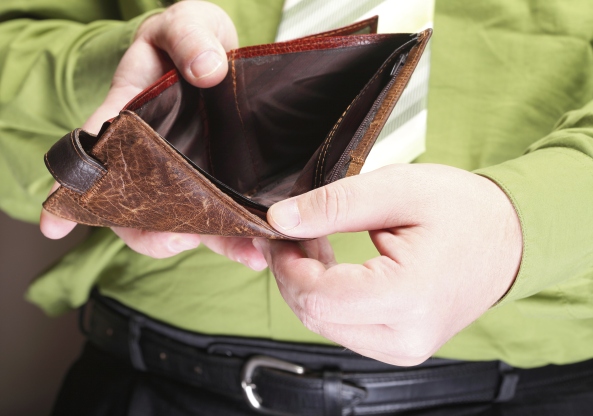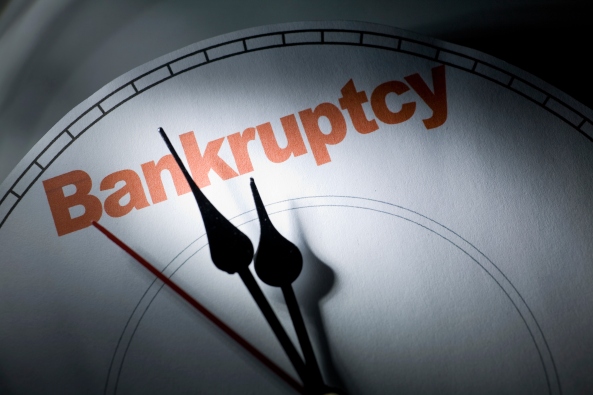
Personal bankruptcy can be a scary situation for those who are facing repossession from the government and constant calls from debt collectors. If you find yourself in a hole that you cannot dig yourself out of, consider filing for personal bankruptcy. Read on for helpful tips on this situation.
You should look into and understand which debts are eligible to be written-off under bankruptcy. There are certain loans, such as student loans, that do not qualify. By understanding which debts you can write-off, you can make a better decision when trying to figure out if bankruptcy is the right choice for you.
Try to make certain you are making the right choice prior to filing your petition. There are plenty of other options open to you, like consumer credit counseling. Bankruptcy has a negative effect on your credit reports, in that it is permanently there. Before you take this step, make sure all your options have been considered.
A useful tip for those thinking about filing for personal bankruptcy is, to keep in mind that any damage to your credit history caused by the filing is temporary. While there is no doubt that your score will take a noticeable hit, following your bankruptcy discharge, by using the process to start fresh. You have the ability to put yourself on a stronger financial footing going forward. This will allow you to rebuild your credit score faster than you may expect.
If you have late payments on credit accounts or accounts that have been sent to collections, you are probably already aware of how insistent creditors can be. After you have filed for bankruptcy, you no longer need to endure the threatening and continuous phone calls from creditors and collection agencies. All you must do is refer them to your attorney who will confirm the bankruptcy for them. After this, it is illegal for creditors to harass you in any way.
As said in the beginning of the article, personal bankruptcy is always an option for those who cannot pay back their debt. Do not assume that you will be left homeless or without any possessions, if you file a claim. More people are facing this option, regardless of their income.



